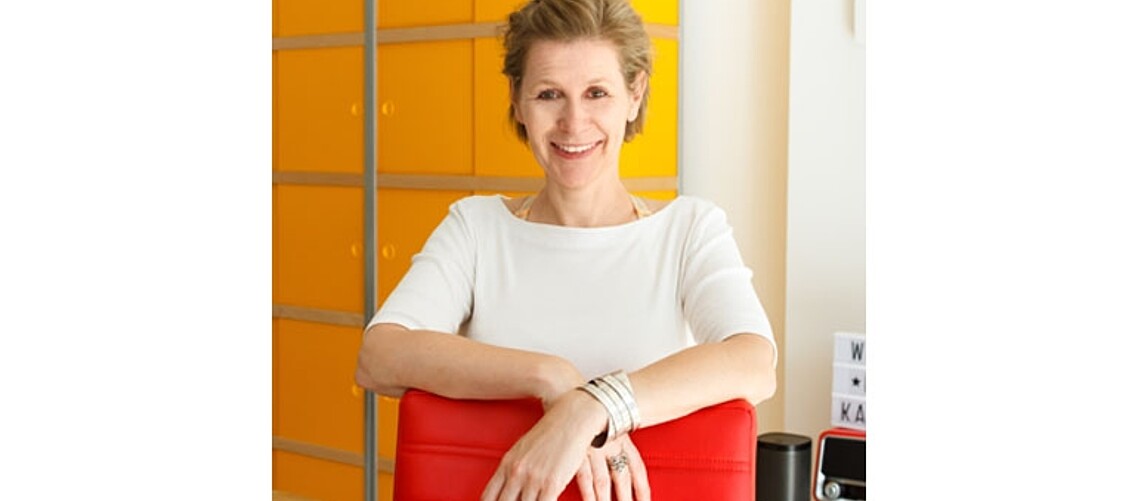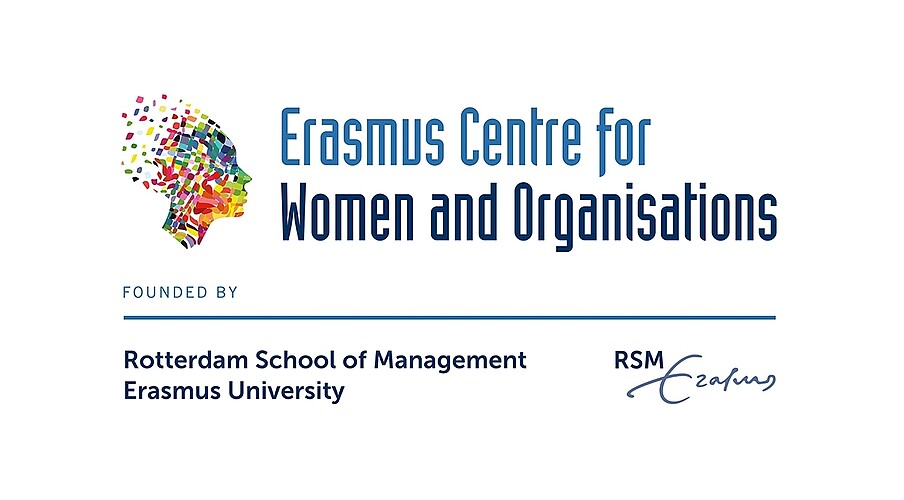Originally posted on 5 November 2020
Together with Désirée van Boxtel and Cilian Jansen Verplanke, she founded Karmijn Kapitaal in 2010 and, over the past decade, the Amsterdam-based investment fund has shown that it’s possible to create a business that puts gender-balance and diversity front-and-centre – and that can bring innovation to the conservative private equity sector.
Driven by a belief in the power of combining different people, perspectives, priorities, and leadership visions, Karmijn Kapitaal invests in companies led by mixed management teams, consisting of a balanced combination of women and men. The company’s portfolio is itself diverse and includes lingerie company, Marlies Dekkers, art rental company, Business Art Service, interiors company Pols Potters, Jopen Beer, and Picturae, an international market leader in the field of digitisation of historical material and storage of digital cultural heritage.
When we chatted to Cels she was on her way to a meeting with Jopen Beer founders Michel Ordeman and Lydian Zoetman. Working closely with entrepreneurs resonates with Cels, who is a turnaround specialist, deeply rooted in the entrepreneurship terrain. For example, with Plain Vanilla, the turnaround investment company she co-founded in 2003, she bought a chocolate factory out of receivership and turned into a leading brand. With degrees in economics and mathematics and an MBA from Harvard Business School, Cels is fiercely committed to education and she’s a current member of Rotterdam School of Management’s supervisory board. “I believe in working in areas that are close to my heart,” says Cels. “This also applies to activities outside of Karmijn Kapitaal where I choose things that align with my passion for education and diversity. This is why I am involved with RSM and have also worked closely with ECWO. In everything I do, I make sure it is something I care deeply about. For me, it’s a non-negotiable”.
You founded Karmijn Kapitaal with Désirée van Boxtel and Cilian Jansen Verplanke in 2010 and a decade later it is thriving. What has been your driving force over the past 10 years – and what drives you as you head into the future?
We are driven by respect and awe for entrepreneurs and their uniqueness and drive. Entrepreneurs are curious and passionate about what they do. I also care about self-enrichment and this is something I see in entrepreneurs. They want independence and they want to make a difference in the world. Entrepreneurship has a very honest element to it. I like that.
Your business is based on diversity. Can you give us some insight into the importance of diversity in your own business – and in the businesses that you invest in or work with?
We see so many examples of different types of leaders in our management teams balancing each other. This is also true now, in Corona times. We need leaders who make connections with their stakeholders and take a whole value chain into account. But we also need leaders who make sure there is enough liquidity to pay the salaries. And we need them both in the same team, listening to each other.
Do you see a difference between Karmijn Kapitaal and previous companies that you have worked for or founded, where diversity did not play a role, or at least such a significant role?
Mostly, I see it in the openness. At Karmijn, and especially with my partners Cilian and Desiree, we can be honest and vulnerable with each other. Honest about what role we’d like to play and what activities we do not want to do. And vulnerable in weak moments, in discussing our private life.
You mention the importance of passion in what Karmijn Kapitaal does. Can you elaborate on this?
We have discussed a tagline for our company: spreadsheets and passion. We believe we are better investors if we are passionate about the companies that we invest in, particularly when combined with the passions of the company’s founders. And you see it in the returns. We don’t believe that companies want a number cruncher as a co-owner. This shared passion also makes it easier to build personal relationships and that has an impact on all areas of a business.
What have been the main lessons that you’ve learnt in your own journey?
To search for partners and colleagues that really share your values. Then you can choose and create your own “ecosystem” of business values.
Have you had any important role-models along the way?
There were too few in my early career – and no female role-models to speak of. But I have had a lot of support from male colleagues who believed in me and gave me opportunities to grow where I wouldn’t have recognised them myself. Although there are more female role-models these days, I would say that if you can’t find one, the next best thing is to find someone who believes in you - more than you might believe in yourself. During my time at Harvard Business School, I came across some amazing women, teachers and fellow students, but also just inspiring female protagonist in cases. Those opened my eyes.
One of Karmijn’s values is equality. How do you view this?
I guess my translation of what equality should be like is “fairness”. And for me fairness is something so natural and evident that I will keep making the mistake to assume it is also evident to others.
And what role do you see ECWO playing in achieving gender equality?
ECWO and its amazing role model Dianne Bevelander plays an important role for women in mid-career who do not feel empowered, heard, and seen.
Do you have any insights or tips to share with women wanting to pursue a business career?
Don’t try to change a system that is too big for you to change. Look for a business environment in which you are valued as you should be and where you can grow and thrive. I am convinced we can create change by voting with our feet - leaving the old large institutions talent-less and, at the same time, being happy working in smaller settings that deserve and reward our talent.
Do you see yourself as a feminist and, if so, what does that mean to you?
Of course. It means striving for true equality for all.
What makes you happy? And what scares you?
What makes me happy is seeing a new generation of women and men who value purpose over other things. It gives me faith in the future. What scares me is looking around and realising that even in my own environment there is still so much ignorance and indifference, with regards to equality, environment, and any long-term impact.
We’re doing this interview during the COVID-19 pandemic. Is there anything you would like to share in terms of your own experience during this time – as both a business co-owner and a woman?
Not really. To be honest, I am still struggling to come to grips with what is happening - struggling to understand who’d make these monstrous decisions, crippling economic activity with the apparent aim to protect the vulnerable, but not really protecting them well.
Do you have any books, podcasts, or other content that is important to you, that you would like to share with our ECWO sisterhood?
My favorite book is Atlas Shrugged. I love Ayn Rand and the way she makes us think about our society. I do, however, wish Dagny Taggart – the female protagonist – didn’t have to be the partner of a powerful guy. On her own she’s enough – she’s a role-model for women in business as she knows what she wants and what she needs to do to get it.

